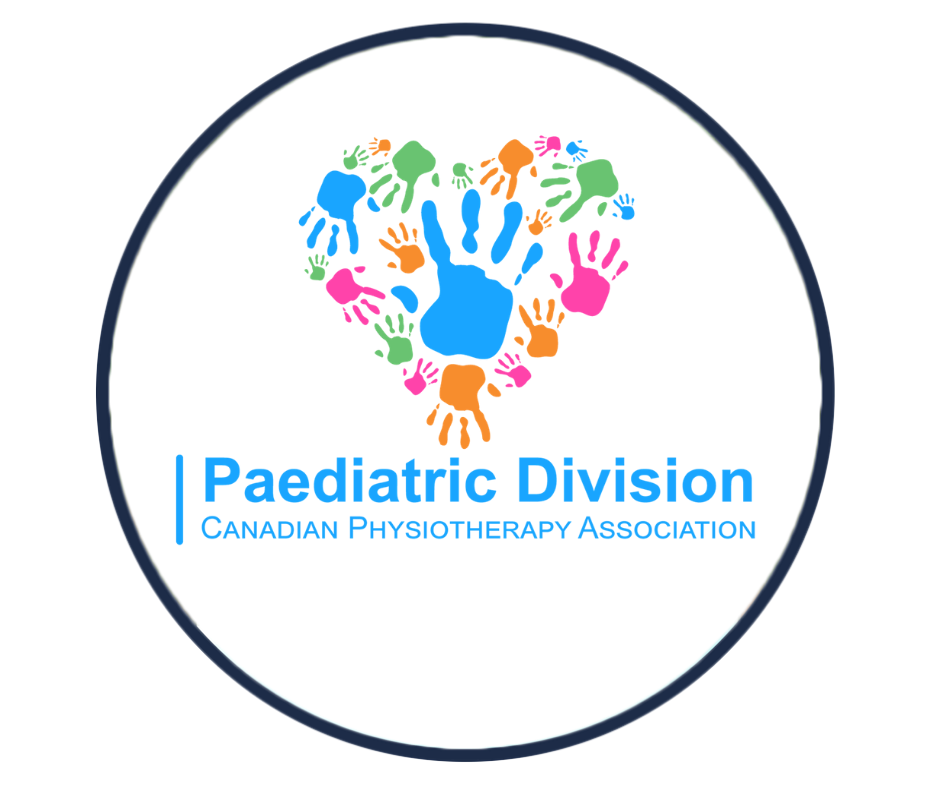Ensuring Equitable Care: Understanding and Implementing Jordan's Principle in Pediatric Physiotherapy

Ensuring Equitable Care: Understanding and Implementing Jordan's Principle in Pediatric Physiotherapy
1 hour
Overview
Jordan's Principle is a child-first principle designed to ensure that First Nations children in Canada receive the public services they need without delays related to jurisdictional disputes between different levels of government or departments. Named after Jordan River Anderson, a young boy from Norway House Cree Nation who spent his entire life in hospital due to such disputes, the principle stipulates that the government or department first contacted must provide the necessary services to the child and then resolve any payment issues afterward. This principle aims to eliminate service gaps and promote equitable access to health, social, and educational services for First Nations children.
Jordan's Principle is highly relevant to physiotherapy practice as it ensures that First Nations children have timely access to necessary physiotherapy services without delays caused by jurisdictional disputes. Physiotherapists play a crucial role in the health and development of children, addressing mobility issues, physical disabilities, and promoting overall well-being. By adhering to Jordan's Principle, physiotherapists can provide uninterrupted, equitable care, ensuring that First Nations children receive the support they need to achieve their full potential, regardless of bureaucratic challenges. This principle thus helps in reducing health disparities and promoting inclusive, patient-centered care in physiotherapy practice.
Presenter: Raymond Cauchi
Currently, I am the manager of the Jordan’s Principle Enhanced Service Coordination Hub of British Columbia.
I have over 5 years of front-line clinical experience working with persons who are unhoused, participating in high-risk substance use, or who experience discrimination due to lifestyle outside of or at the boundaries of cultural norms.
I have endeavored to work in good partnership with the Indigenous peoples and Nations that I have had the opportunity know. This involves acknowledging historical and systemic harms and accepting responsibility to cease such harms in my practice and allying with those I work with to support Indigenous led, or informed conciliation/reconciliation on an organizational level. I am currently on a journey of decolonizing my work practices with the help of Indigenous peers and supporting respectful organizational shifts towards shared safe spaces.
How to Authenticate your CPA Membership
In order to register for this webinar for free, you need to authenticate yourself as a CPA member. You only need to do this once. You can authenticate your CPA account by signing into the CPA portal on this page.
Learn more about the CPA - Embodia partnership here.
If you have any further questions or require further assistance please let us know by emailing us at support@embodiaapp.com or email the CPA at pd@physiotherapy.ca.
The instructors

The Paediatric Division is a special interest group within the Canadian Physiotherapy Association. Our membership consists of clinicians from all practice settings, students, educators, researchers, physiotherapy assistants and administrators all of whom have a passion for promoting participation and enhancing the lives of children and their families. We are dedicated to provide resources and information for paediatric patients and their families to promote participation and function independence in all aspects of life.
Paediatric physiotherapists employ clinical expertise in the early detection of health problems, treatment, education and management of congenital, developmental, neuromuscular, skeletal, cardiorespiratory or acquired disorders/diseases. Paediatric physiotherapists work with children of all ages, from infants through young adulthood to promote participation and functional independence. Paediatric physiotherapists have a unique role in that they not only work with the child, but also their families in the context of their daily home, school and recreational environment.
Paediatric physiotherapists use validated outcome measures to assess the level of strength, flexibility, gross-, and fine-motor coordination and overall functional capabilities to determine participation limitations or restrictions as a result of injury, disease or disability.
Through analysis of objective assessment findings, the paediatric physiotherapist uses evidence-based treatment interventions specifically tailored to the client and their family's goals. Treatment interventions focus on improving gross and fine motor skills, balance and coordination, strength and endurance, as well as cognitive and sensory processing/integration.
